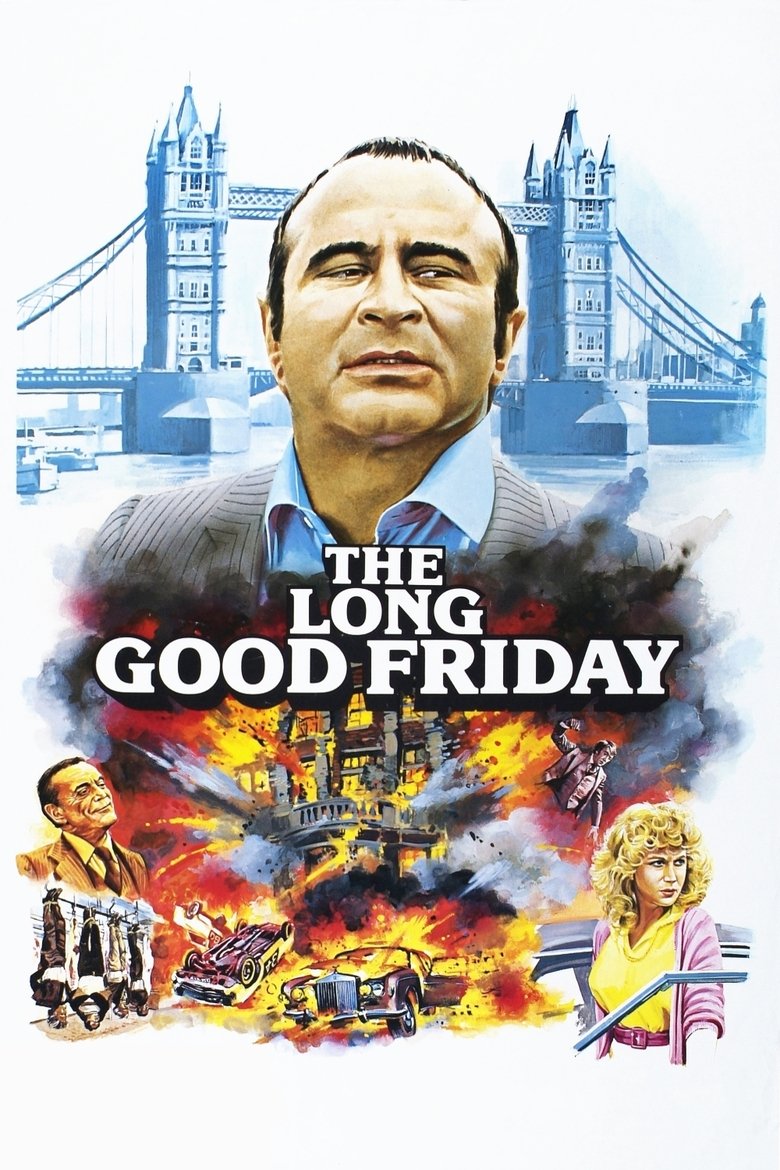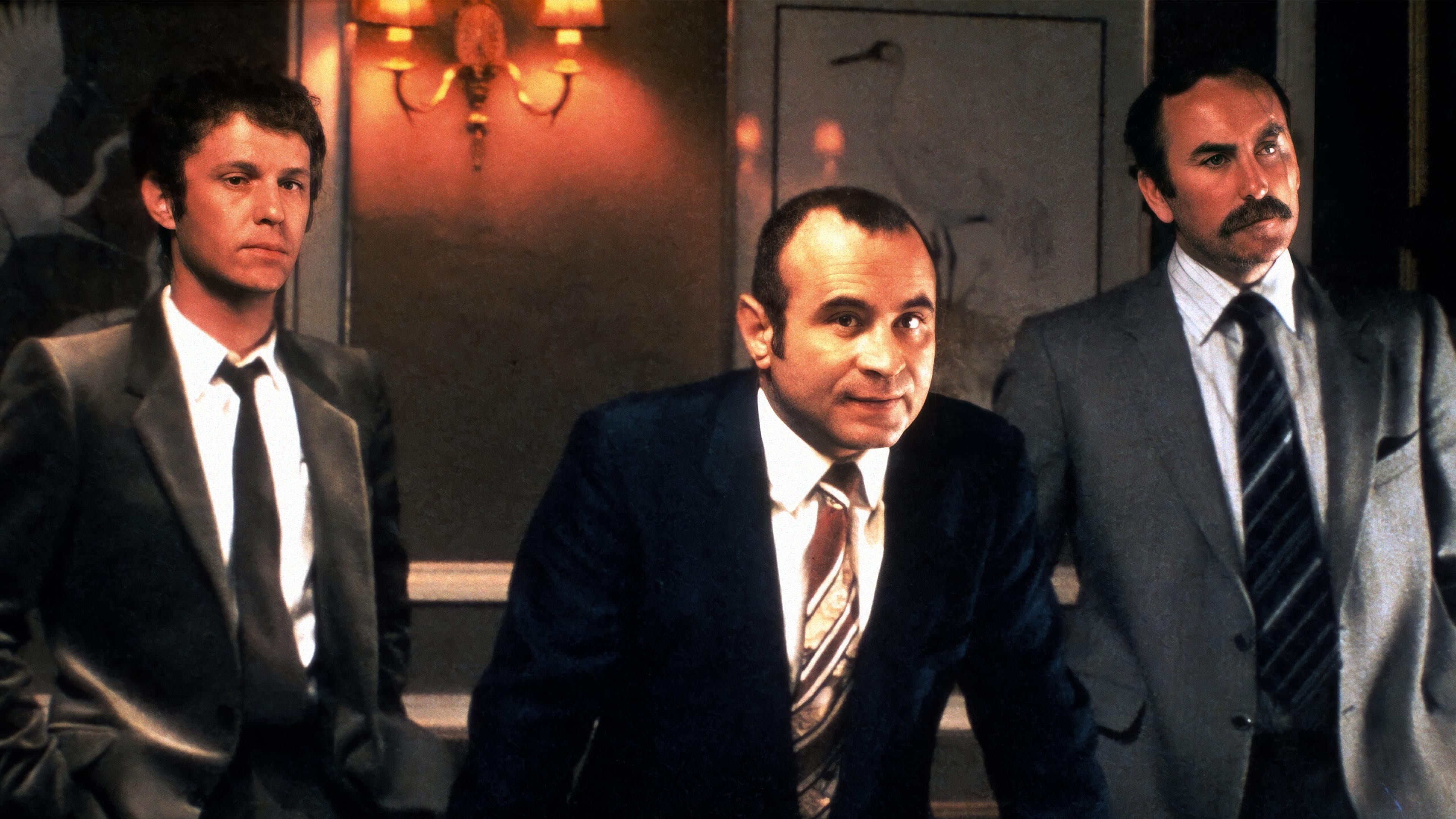It's not about safety, it's about honour.
It's the early 1980s, it's Good Friday, and Harold Shand is waiting to entertain some powerful American muscle. He hopes to get them to help fund his dockside development, but someone is murdering his men, and although Harold has a good idea who is responsible, he isn't quite prepared for the events that follow.
Plot wise, The Long Good Friday is a lesson in under taxing the audience, simplicity in structure and forgoing thunder in the name of telling a solid story. The Long Good Friday is a British gangster picture that owes more to the Paul Muni and Edward G Robinson pictures from the golden age than something like "The Godfather". Where the characters are men of the street, working class villains who literally could be living around the corner from us, their respective antics giving them a reputation as infamous stars to be feared - and grudgingly admired.
What many modern day film lovers may not be aware of is that "The Long Good Friday" had its release delayed, held back a year as Margaret Thatcher and her merry men frothed at the mouth due to the film's portrayal of the Irish Rebublican Army. This was at a time when the Irish troubles were reaching new and terrifying heights, and here in this film, the government sensed a fall out that could have sent wrong message shock waves across the British Isles. This is one of the chief reasons that lifts the pic high above many of its contemporaries, it may be a simple story, but it's not merely about two gangs striving for power on one manor!.
Barrie Keeffe's script positively bristles with a hard bastard edge, some of the set pieces play out as true Brirtish greats, once viewed they are not to be forgotten. Some of the dialogue has an air of timeless bravado about it, delivered with cockney brashness from Bob Hoskins' Harold Shand. Hoskins is on fire, seemingly revelling in the role and fusing menace with a genuine sense of earthiness, one moment Harold is the bloke you want to have a pint of beer with, the next he's one step from rage induced retribution. Helen Mirren is fabulous as Harold's wife, Victoria, loyal and unerringly calm in the face of the madness unfolding, while the supporting cast are also highly effective, with a cameo from Pierce Brosnan that is icy cold in making a point.
Perhaps now it feels like it's only of its time, and it may well be that it's only British viewers of a certain age that can readily embrace the all encompassing thread of gangland London at risk from insurgents? But I will be damned should I ever choose to love this film less with each passing year, for to me it only just stops shy of being a British masterpiece, bristling with realism at a troubled time, and cheesing off Margaret Thatcher in the process, hell it works for me, always. 9/10



